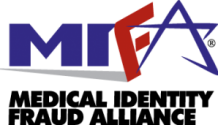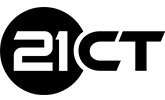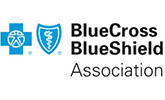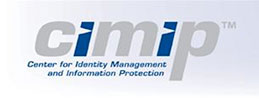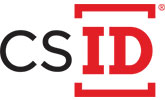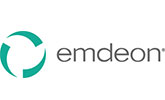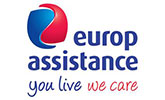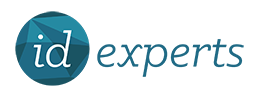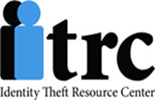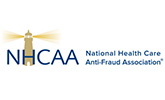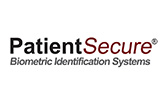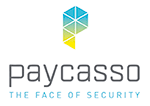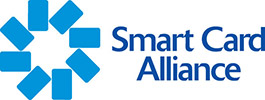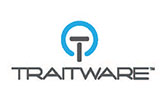This form of identity theft is extremely costly to the victim as well the company that gets hacked.
Identity theft is a major concern for all companies that collect customer data, but potential consequences of data breaches in the healthcare industry can be especially dire, going beyond stealing identities and financial information that occurs in other types of data base invasions.
Aside from the typical repercussions of exposing addresses, Social Security numbers and personal data, medical identity theft can create a dangerous health risk if a thief hijacks a victim’s insurance to receive treatment, mixing and confusing medical records.
This form of identity theft is extremely costly to the victim as well the company that gets hacked. Unlike credit card identity theft, where a victim’s liability is limited to $50, medical identity theft costs victims $13,500 on average, according to a July 2015 USA Today article.
Healthcare data breaches represented 42.5 percent of all breaches over the last three years, the article said, with 91 percent of healthcare organizations reporting at least one data breach in the last two years.
Medical identity theft has become a costly and potentially dangerous side effect of digitizing health data, but healthcare companies may not be equipped or prepared to protect the information.
Best practices for protecting data are not always easy for healthcare companies to follow, as they are usually not IT experts. According to Mayo Clinic Chief Information Security Officer Jim Nelms, healthcare information is more vulnerable than financial information because the industry is often 10-15 years behind in its IT practices.
Click here to read the full article.
August 31, 2015 by Daniel Rice, Healthcare Finance News
